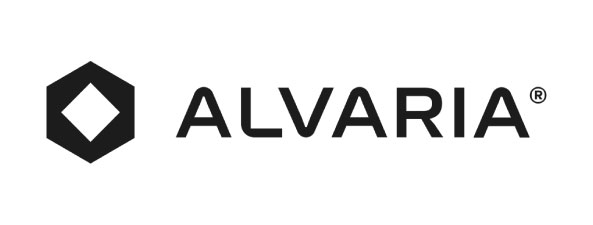The Fair Credit Reporting Act (FCRA) sets the standards for collecting, using, and sharing consumer credit information. In the debt collection industry, non-compliance with the FCRA can lead to significant legal and financial consequences. Here are the five most common FCRA compliance mistakes that we see with potential clients at TEC Services Group, along with their impacts and solutions.
1. Inaccurate Reporting of Debt Information
One of the most frequent FCRA compliance mistakes is inaccurate debt information reporting. Reporting incorrect or outdated information to credit reporting agencies can harm consumers’ credit scores, leading to disputes, legal actions, and fines for the collection agency.
To prevent this, agencies must implement robust data verification processes to ensure the accuracy and timeliness of the information being reported. This approach helps to maintain the integrity of the credit reporting system and protects consumers’ financial health.
2. Failing to Conduct Reasonable Investigations of Disputed Debts
Another common issue is failing to conduct reasonable investigations of disputed debts. When a consumer disputes the accuracy of a reported debt, not adequately investigating the claim can result in continued reporting of inaccurate information, leading to potential violations of the FCRA.
To address this, agencies should establish clear procedures for handling disputes and ensure thorough investigations are conducted promptly. This ensures that any inaccuracies are corrected swiftly, maintaining compliance and consumer trust.
3. Not Providing Required Disclosures
Not providing required disclosures is also a significant FCRA compliance mistake. Omitting necessary disclosures when communicating with consumers about their debts can lead to confusion and non-compliance with FCRA requirements.
All communications must include the required disclosures, such as the consumer’s right to dispute the debt and request validation. This transparency helps consumers understand their rights and the steps they can take to address their debts.
4. Improper Handling of Medical Debt
Another area where agencies and healthcare organizations can falter is improperly handling medical debt. Mishandling the reporting of medical debts, especially in relation to the privacy requirements under the Health Insurance Portability and Accountability Act (HIPAA), can lead to privacy violations and non-compliance with both FCRA and HIPAA.
Training staff on the specific requirements for handling medical debts and ensuring compliance with both FCRA and HIPAA regulations is essential. This dual compliance protects consumer privacy and adheres to legal standards.
5. Lack of Documentation and Record-Keeping
Finally, a lack of documentation and record-keeping is a prevalent mistake. Failing to maintain adequate records of debt verification, consumer communications, and dispute resolutions can make it difficult to defend against disputes and regulatory inquiries, potentially leading to non-compliance penalties.
Implementing a comprehensive record-keeping system that ensures all relevant documentation is properly stored and easily accessible is critical. This systematic approach helps agencies respond effectively to disputes and regulatory checks, maintaining compliance and operational efficiency.
By proactively addressing these common FCRA compliance mistakes, debt collection agencies can improve their compliance posture and reduce the risk of legal and regulatory issues. Ensuring accurate reporting, conducting thorough investigations, providing necessary disclosures, properly handling medical debts, and maintaining comprehensive records are essential to achieving full FCRA compliance. This helps to protect consumers while also enhancing the reputation and operational success of the debt collection agency.
TEC Services Group is the leading technology and professional services firm in the credit collections industry. We are a technology-focused company that provides leading industry solutions along with unrivaled, unbiased, and experienced support.
Our solutions provide companies with the tools and services to increase collection rates, reduce overhead, and improve compliance. Our unique solutions to managed services, data vendor automation and services for conversions, implementations, consulting, etc. have set us apart from others in the industry.







